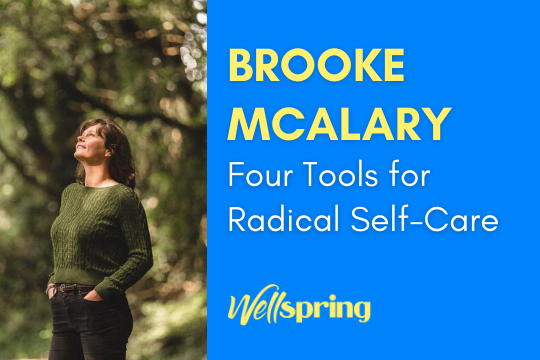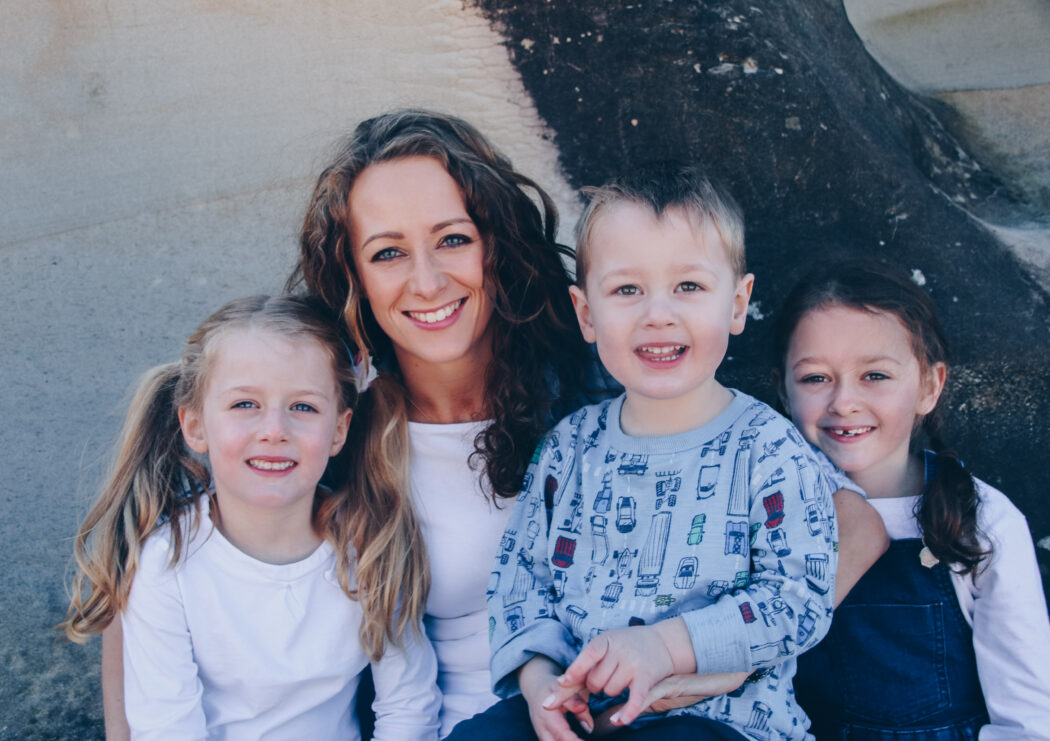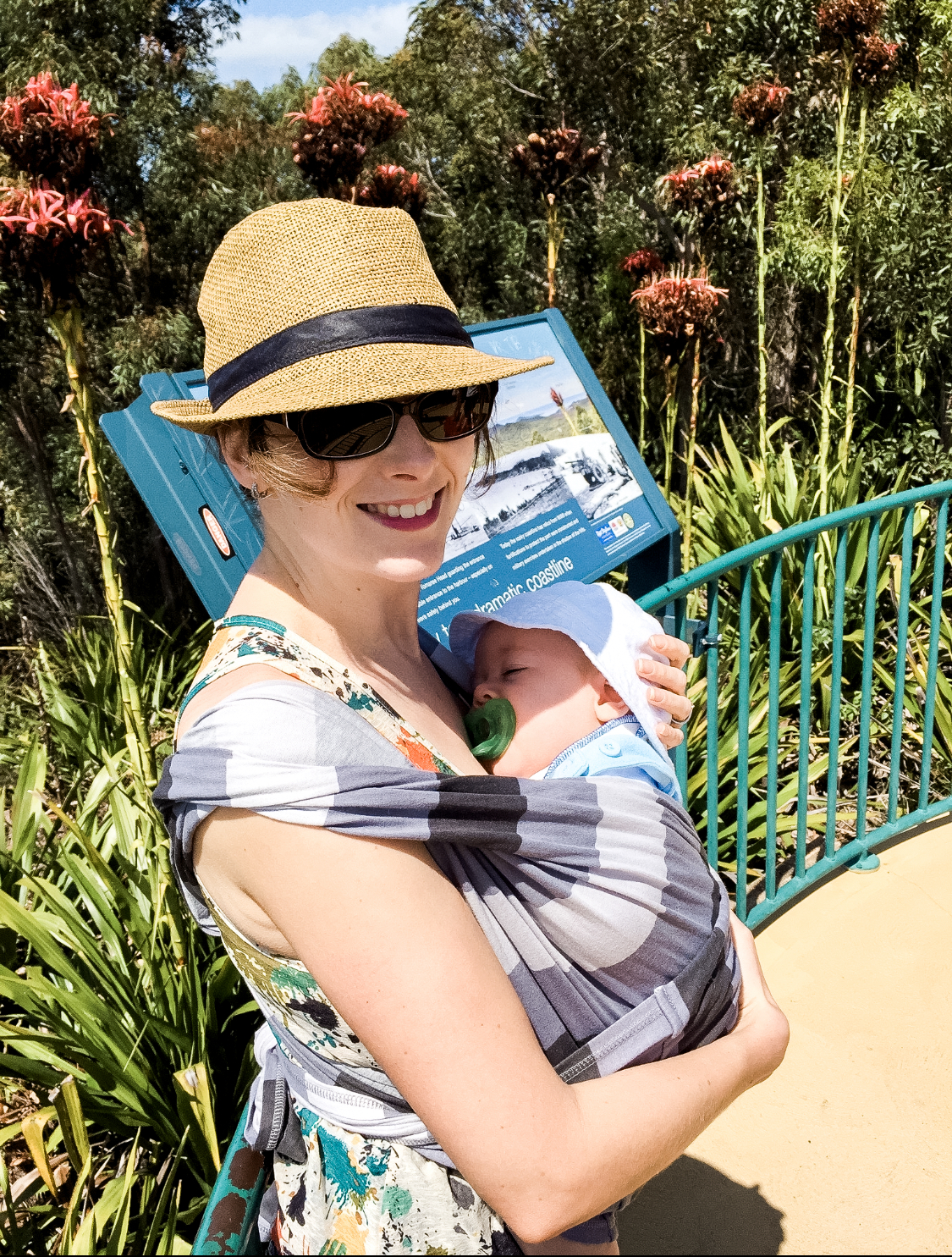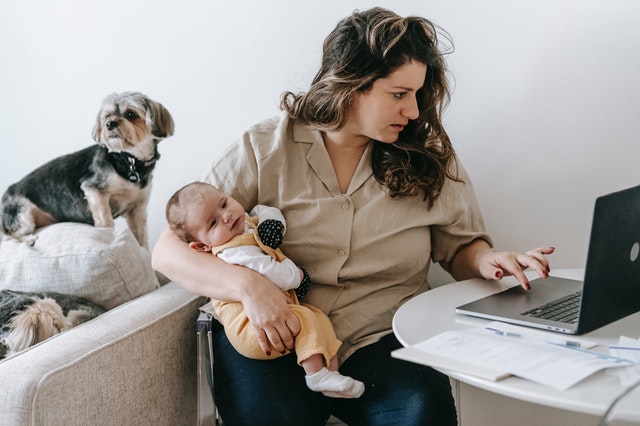Christmas can be an amazing time shared with family and friends, and yet many of us enter the New Year feeling drained from the holiday period.
Often when a co-worker, friend or family member returns from a vacation or travel, we hear the joke ‘I need a holiday after my holiday’ thrown around. When we are on holiday, the temptation to make the most of every day and minute can be so prevalent that we forget to simply stop and breathe.
The Christmas holidays look different for everyone. Perhaps it involves interstate travel, overdue catchups with extended family, work Christmas parties, friend parties and Christmas shopping and cooking.

And while all or at least some of this is fun, it is also not our usual routine. Several days or weeks like this in a row can overextend our social battery and sometimes it is too late before we realise, we are not just emotionally drained – but physically as well.
Learning to practice self-care and establish a sense of boundaries with yourself and others during this time can save you from post-Christmas burnout and make the holidays an even better time.
Here are some tips for keeping yourself sane, healthy and happy during the holidays.
- Establish boundaries with friends and family about money
Giving gifts should be something joyful and leave you with a good feeling. The ritual of picking or making gifts and wrapping up each one with a glass of Prosecco is half the fun. However, financial stress can suck the joy out of this if you feel like you are spending money you don’t have to not disappoint others.
Consider your finances and what you are capable of spending and what you are comfortable with. Then, try expressing this to your friends or family. It can be as simple as saying that you are a bit tight this year so you will just be doing small gifts. Or if you really want to, you can set a specific price to cap gifts at for everyone.

2) Don’t commit to things you don’t want to do
Over-commitment is another huge issue that will drain the joy out of the holiday period for some. As much as the parties, shopping and events can be fun, don’t lose sight of the small moments. Remember to make time for yourself curled up watching Christmas movies at home, cooking, or simply sticking to your regular routine.
It is perfectly ok to say no to things and still make time for yourself. The fear of missing out can be huge and the pressure to show up at events we don’t care for. Either way, remind yourself that saying no is ok.

3) Delegate Tasks Evenly
For some of us, the desire to create an unforgettable Christmas experience for the people we love, and particularly our children, can cause us to bite off more than we can chew. Before you know it, suddenly you are the shopper, the chef, the party planner, the event organiser, and the cleaner.
This can make Christmas feel less like a party and more like hard work.

4) Simplify the Lunch Menu
The same philosophy goes to the Christmas menu – don’t bite off more than you can chew and don’t be afraid to delegate. It should never be one person’s job to spend hours toiling in the kitchen for everyone.
Eating, drinking and cooking with the people we care about should be a wonderful experience. However, feeling stressed and overworked can drain the enjoyment out of this tradition.
It is also important to know that sometimes less is more. Don’t get caught up in the notion that a good Christmas meal has to be a complex or ornate one. Instead, pick a few of your favourite simple dishes that everyone will enjoy and you can be sure it will not diminish the experience.
Christmas is a time to enjoy and celebrate and the end of the season should leave you feeling content – not exhausted. Make small changes during your Christmas routine this year and in years to come to make sure you are truly enjoying – rather than simply making sure everyone around you is enjoying it.

















 I promise you’ll feel better. Fresh air is good for your mood and your soul, especially if it’s nice and sunny. Let the kids run and burn some energy. Move your body and breathe in the day. Bonus points if you can sit outside to meditate.
I promise you’ll feel better. Fresh air is good for your mood and your soul, especially if it’s nice and sunny. Let the kids run and burn some energy. Move your body and breathe in the day. Bonus points if you can sit outside to meditate.






